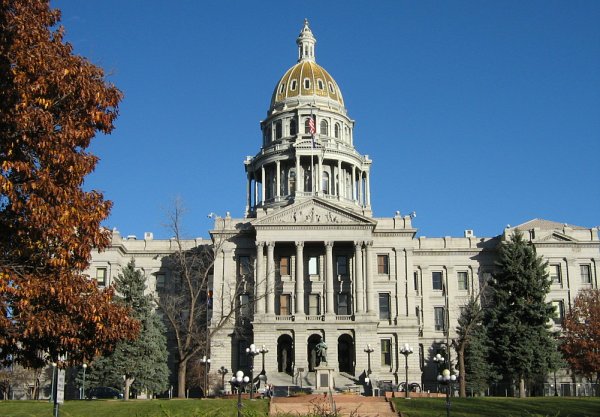Now that we are a few weeks past the always hectic election season, let’s reflect upon what changes have been made and how this will inform the future of Colorado. Because they have the greatest implications, I’m focusing on Propositions 121, 122, 123, FF and GG.
To start us off, Proposition 121 passed 65%/35% and it will be to reduce the state income tax by .15%. While not an excessive decrease in taxes on the surface, this is projected to be roughly $413 million in the next fiscal year, and will invariably result in less money being spent on social programs and areas of upkeep in Colorado. When tax cuts are introduced, the first to be targeted is always those that provide service, that while life-changing for those it provides for, are deemed non-essential. Without the access to resources to help, the reach of many non-profits is reduced. For these reasons, and more, the CCC opposed Proposition 121. Going forward, we will advocate for a state budget that adequately funds any program that protects the most vulnerable.
Following that, Proposition 122 passed with a narrow 54%/46% majority, which enabled the creation of licensed “healing centers” for use of certain psychedelics that have shown promise in mental health and addiction research, for the purpose of furthering that research. How these centers are set to be designated and opened is still to be decided by a panel of regulators and advisers. Additionally, the growing, sharing without compensation, and usage of Psilocybin, or “Magic Mushrooms” has been legalized for individuals over the age of 21, as well as the decriminalization of three other psychedelic substances. The implementation of these centers will be interesting to see as we are only the second state to pass such a measure, but given that the panel is set to be modeled off the system currently being set in place in Oregon, as well as from Marijuana’s original legalization in Colorado, there are reasons to believe that the functional design will be able to deftly avoid some pitfalls.
In addition to Psilocybin, Ibogaine was also decriminalized under Proposition 122, which has shown promise in preliminary research for reducing & combating addiction. Both the treatment of addiction with Ibogaine and mood disorders with Psilocybin is very promising from a healthcare perspective and could provide legitimate alternatives to those that suffer. Finally, the legalization of these substances signals a potential beginning of an end to a decades-old commitment to a failed war on drugs. Perhaps with growing acceptance and study of non-harmful substances, a compassion for those afflicted with addiction to more harmful substances will accompany it and we can shift to treating those who suffer from addiction and radically poor mental health rather than sweeping the problems under the rug.
Proposition 123 also had a very narrow margin of victory at 53%/47%, and its purpose is to annually put aside a small portion of tax money to provide affordable housing in the State of Colorado. It will additionally support programs such as funding housing vouchers and the constructing apartment complexes that are income-restricted. This is obviously very helpful for renters and those hoping to be homeowners in that affordability is provided as prices have continued rising in years past.
Proposition FF passed with a 57%/43% majority, and the role of it is to designate free & healthy school lunches to all Colorado students. This helps to tackle a few barriers that stand in the way of the academic success of young people, namely lack of proper nutrition and the shame that may have occurred prior when relying on assistance from the meal program, which was designated only for those with financial need. Now students, while still capable of bringing their own lunches, can safely rely on a consistent standard of provision without any social baggage attached.
Proposition GG is the final piece of legislation that I’ll draw to your attention, and it passed very comfortably at 72%/28%. This is a fairly simple piece of legislation that requires any future changes to taxation be accompanied with a table that expresses how the tax change would affect people at each tax bracket. This is a great win for government transparency, and allows citizens to have access to the financial specifics of bills which leads to more educated voting.
On the whole, I believe that the steps taken in this election paint a promising picture of what is to come, a more informed, available, and citizen-centric version of Colorado and I, for one, am interested and excited to see how it unfolds.
Wesley Moncrief
CCC Social Justice Fellow






